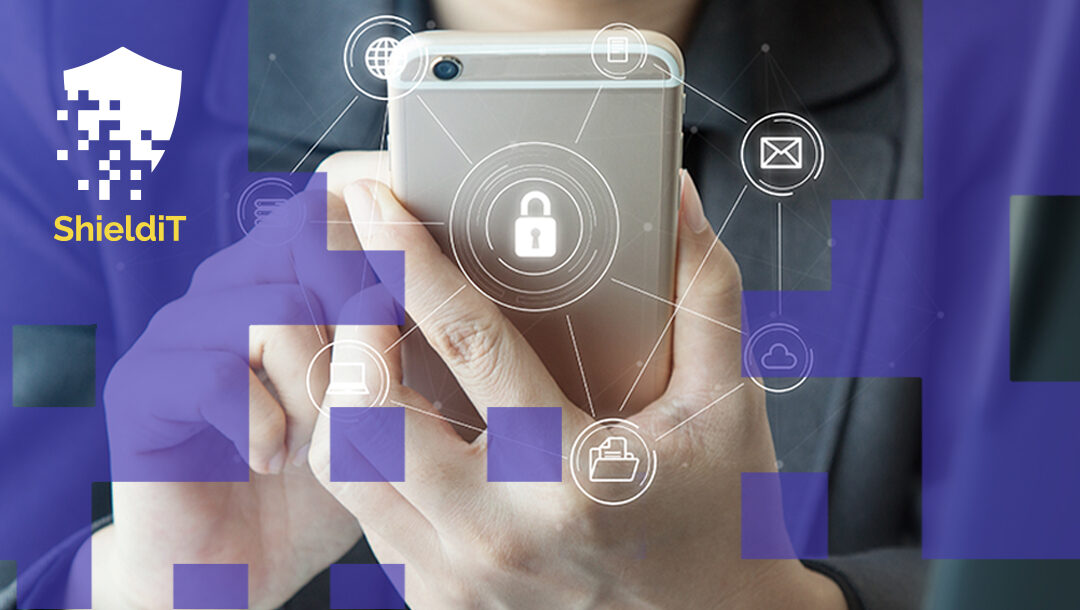Smartphone hackers haven’t taken time off during the COVID-19 pandemic. If anything, they’ve gotten smarter. Ransomware attacks were up 485% worldwide last year. Whether it be ransomware, malware, or phishing, smartphones have increasingly become a target for cybercriminals.
According to Bitdefender’s 2020 Consumer Threat Landscape Report, Americans received the lion’s share of unsolicited spam emails in 2020—a whopping 38 percent of global spam. According to the recently published report, scammers are targeting Americans with spam containing phony COVID-19 stimulus payments, leveraging the economic uncertainty caused by mass layoffs in the US. They are using fear and misinformation to get access via phishing texts, emails, and the like. Android devices in particular are vulnerable to malware and malicious apps, with fake Zoom meeting links, etc.
Surprisingly, a malicious text message is all that’s needed for a hacker to covertly install malware on a smartphone and take control of any app installed on that device. People would be very surprised by how easy it is for hackers to hack their phones, install malware on them and do all sorts of damage like steal data, track keylogging of bank passwords, eavesdrop on their conversations, etc.
Smartphones hold our most precious information and valuables; and as such, they constitute an entryway, or a safe key, to bank accounts, or even virtual valuables in the form of crypto coins. That’s why it’s crucial to protect them with the most advanced technology out there, much like we protect our homes and cars with sophisticated intrusion protection and alarm systems.
Smartphones require the highest level of protection from both hacking and tapping; something that continuously scans the device, detects, in real-time, whenever malware is installed on it, and prevents hackers from gaining control of smartphones and their installed apps.
Assac Networks’ ShieldiT and its management console ManageiT, are the most effective means of mitigating any kind of cyber threat which can compromise valuable information stored on a smartphone. Contact us for more information.

